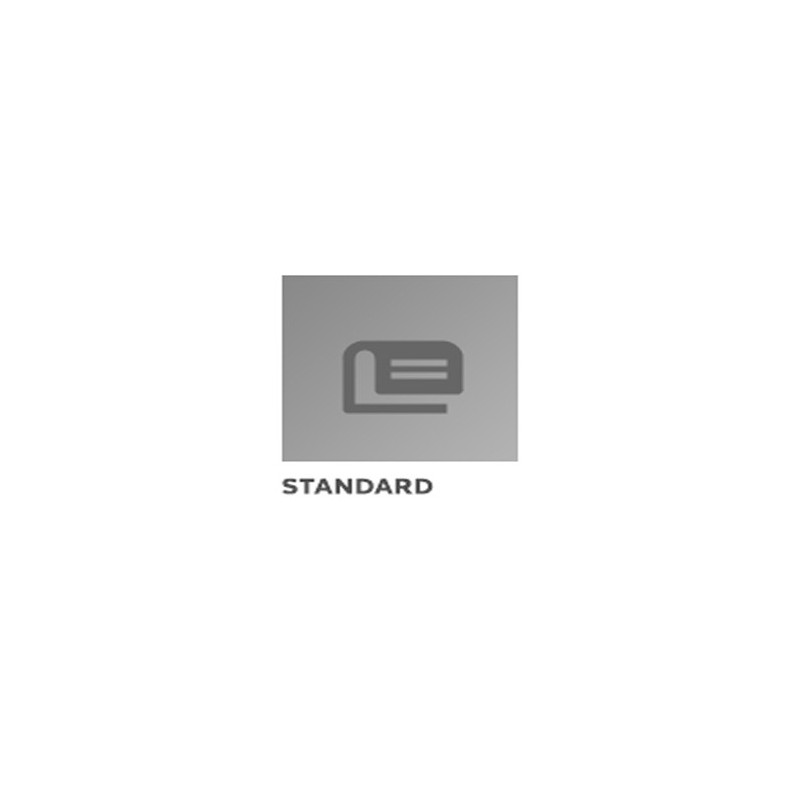Description / Abstract:
This SAE Aerospace Standard (AS) has been prepared by the Ring
Implementation Task Group of the SAE AS-2 Committee. It is intended
as a companion document to the SAE AS4075 High Speed Ring Bus
Standard. While the Standard is intended to provide as complete a
description as possible of an HSRB implementation, certain
parameters are system-dependent and evolutionary. This document
contains those parameters. The text through Table 1 is intended to
provide definitions and descriptions applicable to all
applications. Table 2 contains specific parameter values for one or
more implementations. This table will change as new systems are
implemented or new HSRB speed options are defined.
System Characteristics:
The fiber optics characteristics germane to HSRB implementation
are specified in five groups as follows:
a. Common system characteristics
b. Media characteristics
c. Bypass switch characteristics
d. Transmitter characteristics
e. Receiver characteristics
This slash sheet covers (a), (d), and (e); (b) and (c) are
contained in the Handbook for the SAE AS4075 High Speed Ring Bus
AIR4289.
Definitions and Requirements:
Detailed procurement-oriented parameter definitions and
requirements for optical transmitters and receivers are contained
in the following paragraphs of this document. Table 1 provides a
summary of the parameter abbreviations, brief descriptions, and
units of measurement for component characteristics. Specific
numerical values for the parameters for specific implementations of
the HSRB are given in Table 2.
The definitions provided herein are generally accepted by
vendors of fiber optic components, as are the measurement
techniques specified. The definitions are consistent with National
Bureau of Standards Handbook 140 as the authority on usage.
The specific numerical values noted in Table 2 represent
beginning-of-life values for the worst-case operating temperature
range and power supply allowance noted. It is incumbent on the
system design activity to account for excess loss due to other
environmental factors and aging.


